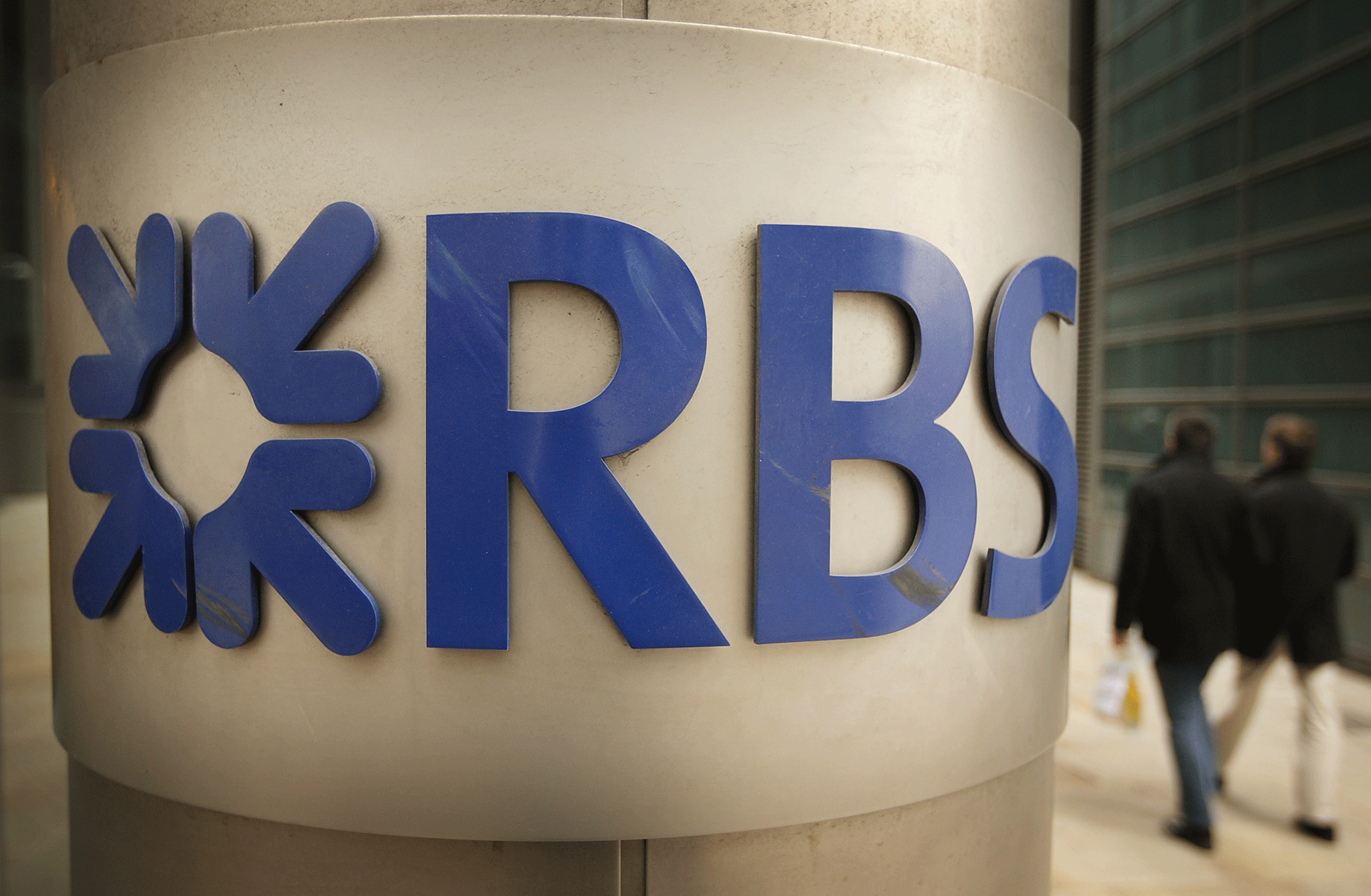RBS and NatWest banks to close more than 150 branches costing 470 jobs
The bank said that 30 RBS and 128 NatWest branches would be shut

Your support helps us to tell the story
From reproductive rights to climate change to Big Tech, The Independent is on the ground when the story is developing. Whether it's investigating the financials of Elon Musk's pro-Trump PAC or producing our latest documentary, 'The A Word', which shines a light on the American women fighting for reproductive rights, we know how important it is to parse out the facts from the messaging.
At such a critical moment in US history, we need reporters on the ground. Your donation allows us to keep sending journalists to speak to both sides of the story.
The Independent is trusted by Americans across the entire political spectrum. And unlike many other quality news outlets, we choose not to lock Americans out of our reporting and analysis with paywalls. We believe quality journalism should be available to everyone, paid for by those who can afford it.
Your support makes all the difference.The Royal Bank of Scotland is closing over 150 bank branches and cutting hundreds of jobs, in response to changing consumer behaviour and a surge in the popularity of online and mobile banking.
In a statement, the bank said that 30 RBS and 128 NatWest branches, which are also owned by the group, would shut. A spokesperson said that 470 jobs would be affected.
"We have seen a dramatic shift in the way our customers are choosing to bank, with more using mobile and online over traditional branch counter,” the company said.
"Simple transactions undertaken in branch at NatWest and Royal Bank of Scotland have fallen by 43 per cent since 2010, while online and mobile transactions have increased by more than 400 per cent," it added
RBS is the latest lender to respond to the changing way in which customers bank.
In January, HSBC said that it plans to close 62 branches this year, resulting in up to 180 job losses.
RBS said that despite the closures, it remained committed to providing services to its customers and had created a number of so-called ‘community banker’ positions.
Those in the new role will serve rural communities, “providing customers with personal assistance and support accessing the right banking options for their needs, as well as help with achieving their financial plans and goals.”
By the end of the year, RBS intends to have hired 50 community bankers.
"As customers change the way they bank with us, we must change the way we serve them," a spokesman said.
RBS is still 72 per cent owned by the Government and has endured a turbulent period since the financial crisis. Last month it posted a £6.96bn loss for 2016, marking its ninth consecutive year of losses.
It was hit by £6.7bn in conduct and legal costs, including a £3.1bn provision for mis-selling mortgage-backed securities in the US, and also spent £2bn on restructuring its operations.
RBS has now lost more than £50bn since it received a £45bn bailout from taxpayers at the height of the financial crisis.
When it reported results in February, it already said that it would cut £750m of annual operating costs this year by eliminating jobs and closing branches and predicted it would return to profitability in 2018.
Join our commenting forum
Join thought-provoking conversations, follow other Independent readers and see their replies
Comments